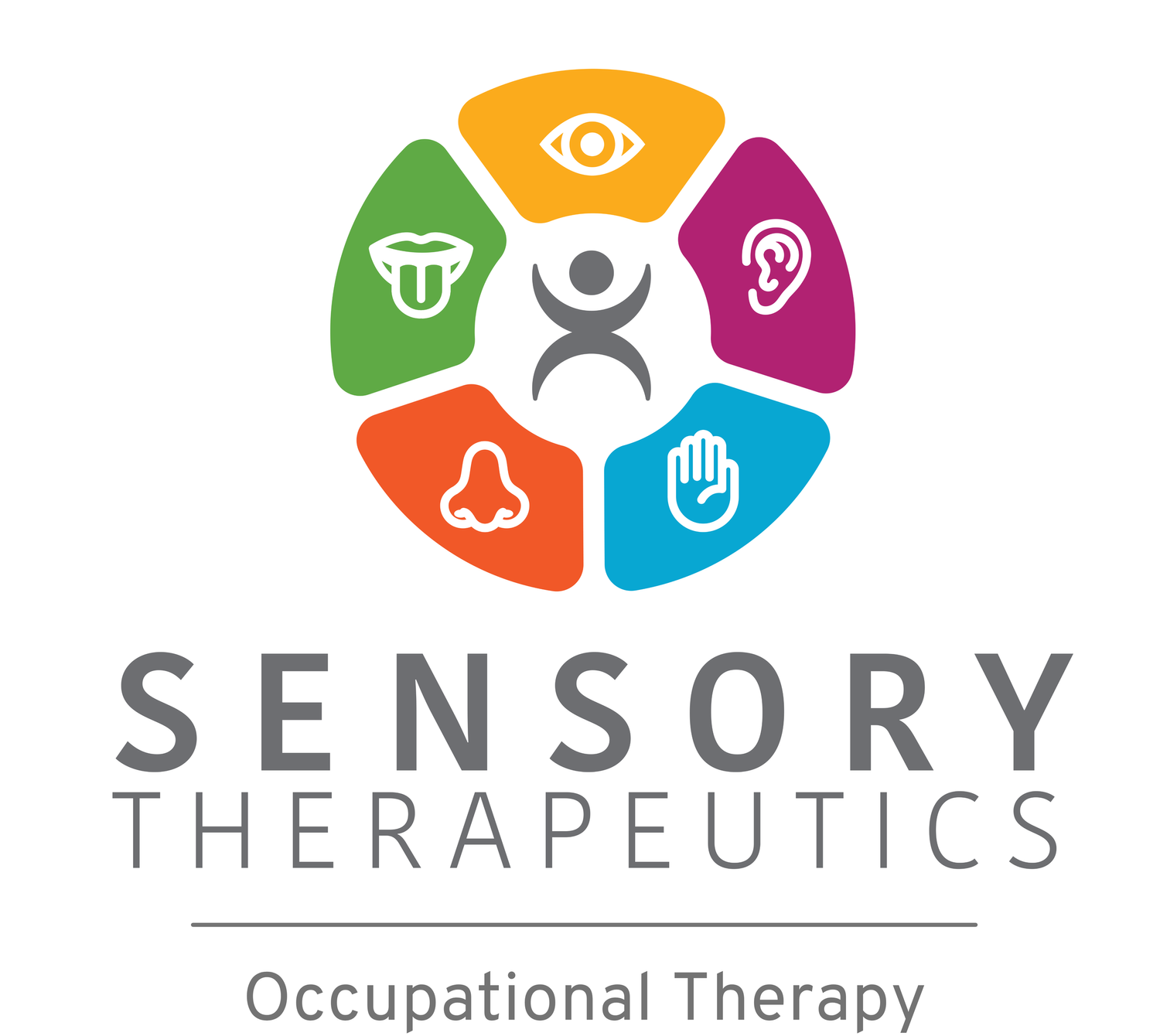What to expect within a session?
Sensory Therapeutics offers Occupational Therapy services. Our highly skilled Occupational Therapists are trained in the latest techniques and approaches. With Sensory Therapeutics, you will have forty five minutes of one-on-one care with a licensed Occupational Therapist. In each session, the client will receive the services they truly need to improve their quality of life.
Do you take insurance?
Yes, we work with all out of network insurance companies. Our office team will verify your out of network benefits and provide you with a summary of your coverage. All we need is a copy of your insurance card, primary insured name/ clients name and date of birth in order to verify. This can be emailed to admin@sensorytherapeuticsnj.com
Is Laser Therapy covered by insurance?
At Sensory Therapeutics, we specialize in low-level laser therapy intensives to support children and adults with autism, ADHD, sensory processing challenges, and other neurodevelopmental needs. Due to the unique and advanced nature of this service, laser therapy intensives are not covered by insurance.
We are a private-pay clinic for all laser intensives, and we do not submit insurance claims for these services. This allows us to provide highly personalized, evidence-based care without limitations imposed by insurance plans.
To make our services more accessible, we proudly offer CareCredit® as a flexible financing option. CareCredit allows you to pay over time with convenient monthly payments—making it easier to invest in your child’s progress without financial strain.
If you have questions about the cost of a laser intensive or need help applying for CareCredit, we’re happy to assist.
What is Pediatric Occupational Therapy ?
A pediatric occupational therapist is a specialized healthcare professional who works with children/young adults to help them develop the skills necessary to engage in daily activities and reach their full potential. They focus on enhancing a child's ability to participate in activities at home, school, and in the community. Here are some key aspects of the role of a pediatric occupational therapist:
Child-Centered Care: Pediatric occupational therapists assess and treat children's unique needs and challenges, considering their developmental stage, individual abilities, and family goals.
Developmental Milestones: They work to address developmental milestones such as fine and gross motor skills, sensory processing, self-care tasks (like dressing and feeding), handwriting, and cognitive skills.
Sensory Integration: Our pediatric occupational therapists specialize in sensory integration therapy, which involves helping children process and respond to sensory information (e.g., touch, sound, sight) in a way that supports their overall development and participation in daily activities.
Individualized Interventions: They design individualized intervention plans that may involve therapeutic activities, exercises, and strategies to improve a child's functional skills and independence.
Collaboration: Pediatric occupational therapists often collaborate with other healthcare professionals, teachers, and parents to create a comprehensive plan of care for children, ensuring that therapeutic goals are consistent across different settings.
Early Intervention: They may work with infants and toddlers who have developmental delays or disabilities to provide early intervention services that can help improve outcomes in the long term.
Adaptive Equipment: They can recommend and assist in the use of adaptive equipment, assistive technology, and environmental modifications to support a child's independence.
Communication Skills: They help children develop effective communication skills and strategies to express their needs and interact with others.
Autism Spectrum and Behavioral Challenges: Our occupational therapists specialize in working with children on the autism spectrum and those who have behavioral challenges.
Overall, the role of a pediatric occupational therapist is to facilitate a child's development, build their self-esteem, and promote their ability to engage in meaningful activities while addressing any challenges or limitations they may have. They play a critical role in improving the quality of life for children and their families.
What is Sensory Processing Disorder?
Sensory processing (originally called "sensory integration dysfunction" or SID) refers to the way the nervous system receives messages from the senses and turns them into appropriate motor and behavioral responses. Whether you are biting into a sandwich, riding a bicycle, or reading a book, your successful completion of the activity requires accurate processing of sensation.
Sensory Processing Disorder (SPD), exists when sensory signals are either not detected or don't get organized into appropriate responses. Pioneering occupational therapist, educational psychologist, and neuroscientist A. Jean Ayres, PhD, likened SPD to a neurological "traffic jam" that prevents certain parts of the brain from receiving the information needed to interpret sensory information correctly.
A person with SPD finds it difficult to process and act upon information received through the senses, which creates challenges in performing countless everyday tasks. Motor clumsiness, behavioral problems, anxiety, depression, school failure, and many other problems may impact those who do not have effective treatment.

